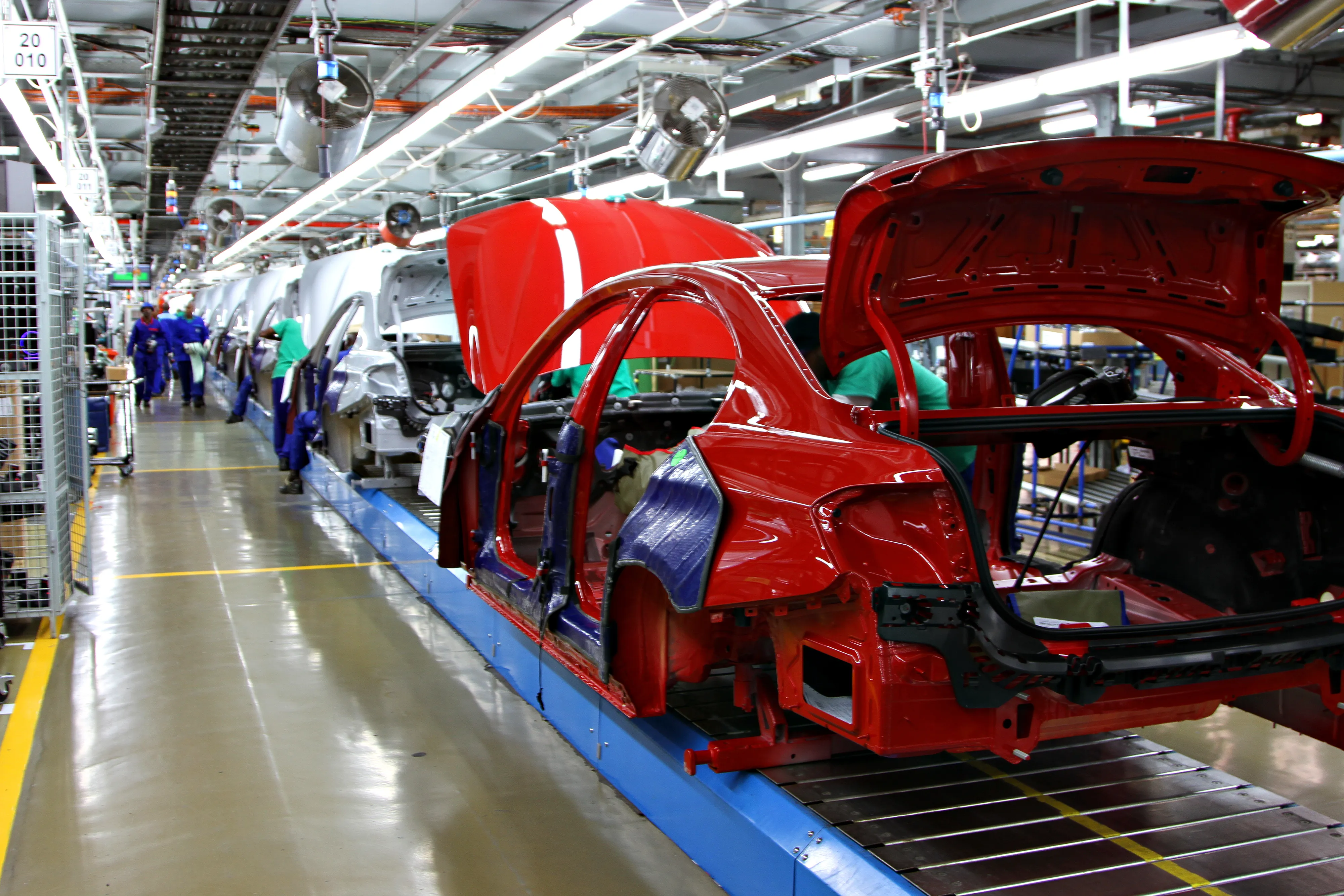This article was produced with the support of IATF
This December’s Intra-Africa Trade Fair (IATF 2021) will have a special focus on Africa’s automotive industry and its potential to drive industrial growth.
The automotive industry is frequently cited as the most globalised of all manufacturing sectors. Multinational vehicle manufacturers currently setting up production plants in Angola, Ethiopia, Ghana, Kenya, Namibia, Nigeria, Rwanda, South Africa and other countries, are a clear indicator that there is potential to boost manufacturing for the sector in sub-Saharan Africa (SSA).
With demand for vehicles slowing down in developed countries and growing in emerging economies, including SSA, there is an opportunity for the sector to grow to meet domestic demand.
Markets remain buoyant
Car-makers, often referred to as Original Equipment Manufacturers (OEMs) have subsidiaries which cooperate to produce global models that incorporate components to assemble at sites across the world. Africa is considered a frontier market. Although the continent’s markets are distorted with the import of used vehicles, they remain buoyant as an emerging middle class is attracted to new vehicle models.
Analysts point to two problems affecting African markets. One is the lack of finance facilities due to the absence of consumer credit data. The other challenge is the proliferation of many scattered smaller economies. But with the signing of the African Continental Free Trade Area it is anticipated that this will mean integration of the regional economic communities into a single bloc and the advantage of a large, single market.
It is also thought that OEMs are targeting Africa as their mature markets start to legislate against fossil-fuel powered vehicles in favour of emission free cars. The thinking is that they need to make a return on the research and development they have made in combustion engines.
Manufacturing of electronic vehicles moves forward
Even so, electric vehicles are beginning to be manufactured in the continent. For example, in Botswana, Baylee Enterprises (Pty) Ltd is assembling electric cars at Mogoditshane from kit parts. In Uganda, state-owned Kiira Motors are ramping up production of its Kayoola 90-seat bus. Roll out for public transport has been delayed due to the Covid-19 pandemic lockdown, but the first buses have already been trialled by the Uganda Civil Aviation Authority.
Toyota Tsusho, a subsidiary of Toyota Motor, has invested $7m in its Tema plant which will have an annual production capacity of 1,300 vehicles. It is the first Japanese carmaker to establish a production base in Ghana. Toyota Tsusho took over all business and operations in Africa from Toyota Motor in January 2019. The latest plant brings the number of production plants it has in Africa to five, including Kenya, Egypt, Nigeria and Rwanda.
The Federal Government of Nigeria through the National Automotive Design and Development Council (NADDC) unveiled Nigeria’s first locally assembled electric car, the Hyundai Kona this year. The car, which was assembled by the Stallion Group Automobile, has been tagged as an innovation that will enable Nigeria and Nigerians to benefit from the gains in renewable and sustainable energy and foster an eco-friendly environment.
In Ojo, Lagos State, Hyundai launched the Kona in November 2020, where the car was manufactured, using materials that were mostly sourced locally. This is significant because the Hyundai Kona demonstrates Nigeria’s readiness to address the impact of climate change.
With the launch of the Nigerian-made EV, Nigeria joins the rest of the world in embracing the recent innovation in energy mobility towards electric cars. This new development is a move towards replacing internal combustion engine-powered vehicles with electric vehicles, in a bid to reduce environmental pollution and keying into an eco-friendly green environment.
IATF’s Automotive Show
The Automotive Show segment of IATF 2021 will have a dedicated Auto Exhibition, an Automotive Workshop and a B2B/B2G for the Automotive Industry.
The IATF Automotive Show will present a platform for car manufacturers, assemblers, OEMs and component suppliers to exhibit their products and also interact with potential buyers and suppliers.
For further information about this year’s Intra-African Trade Fair, visit the IATF2021 website.
 Sign in with Google
Sign in with Google 



